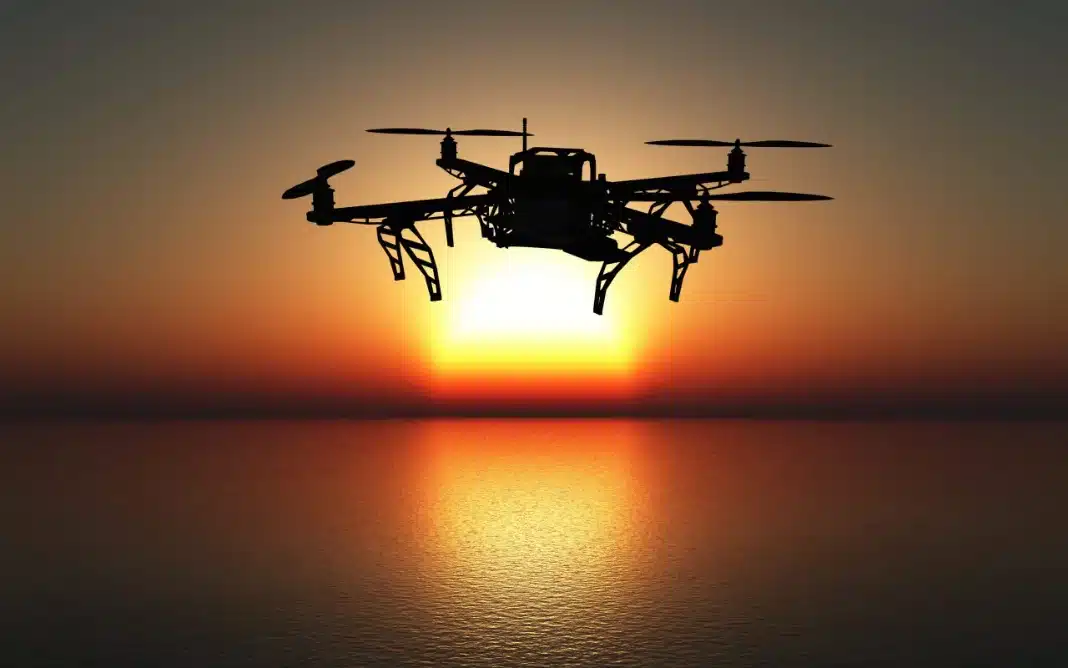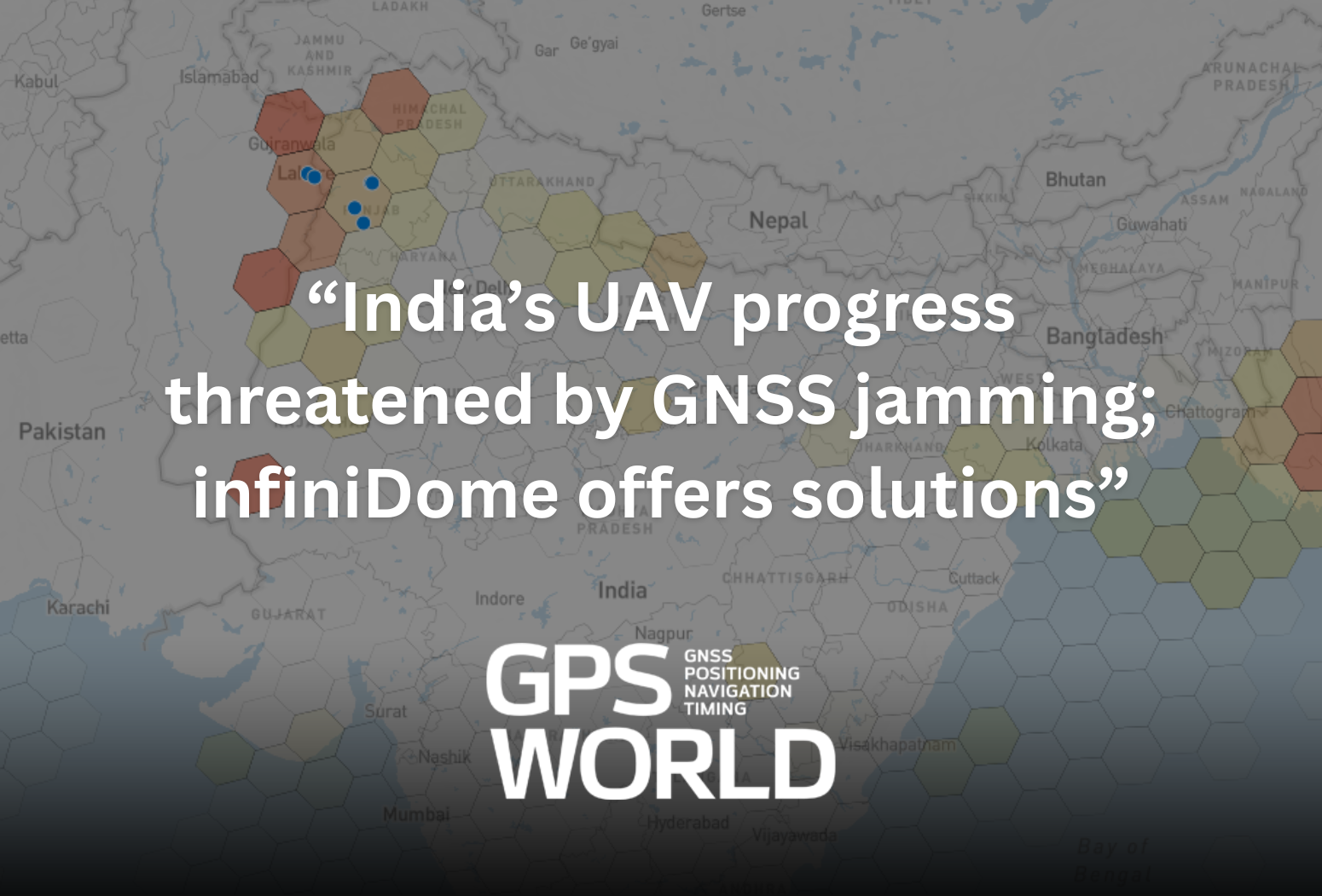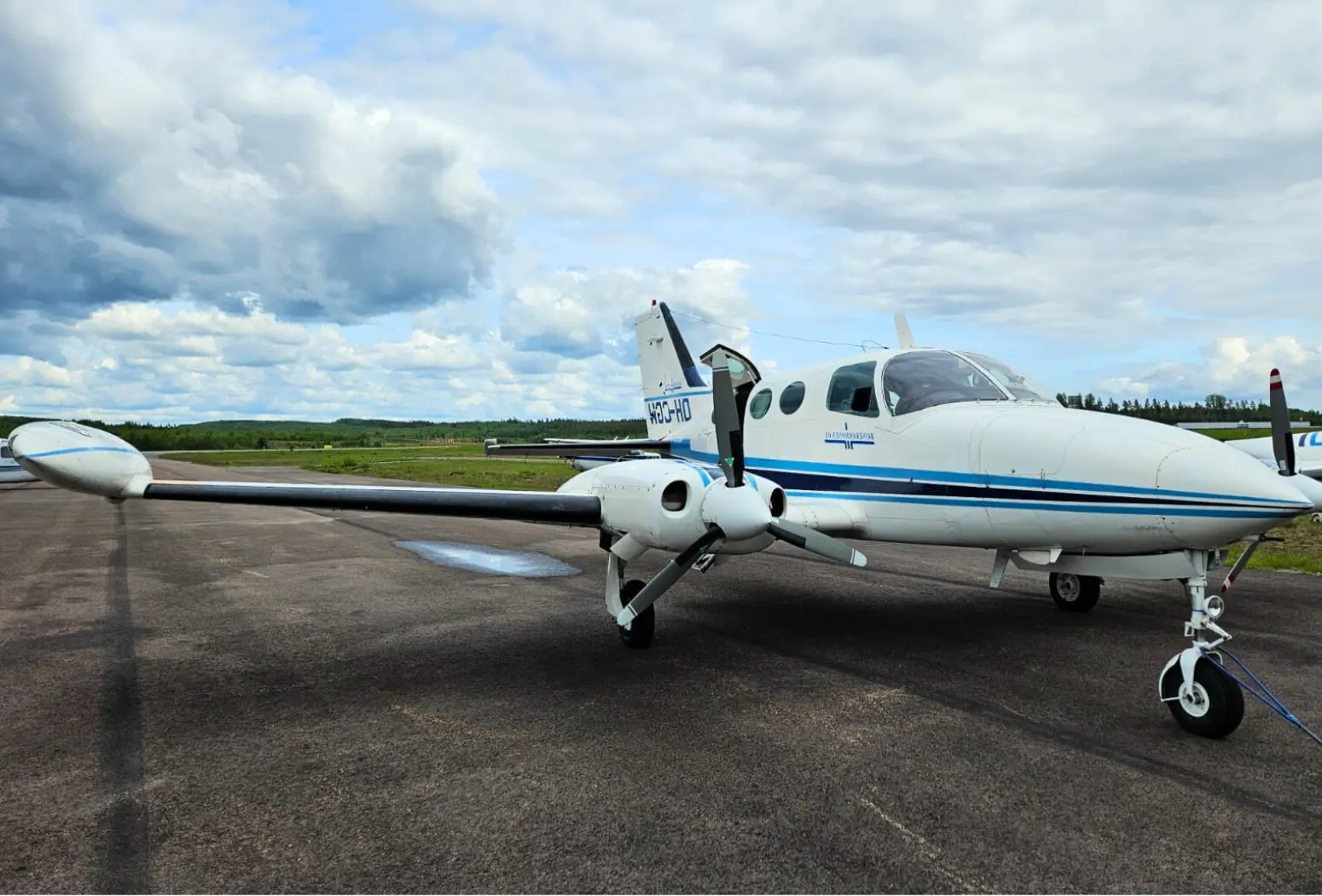Picture a world where the guiding intelligence of drones and UAVs is abruptly silenced, their navigational prowess rendered useless – a scenario that is part of the reality because GPS jamming attacks.
The prevalence of GPS jamming attacks poses a significant threat to unmanned aerial vehicles (UAVs) and drones, and any other applications that depend on GNSS signals to navigate, disrupting their navigation capabilities with potentially severe consequences.
When subjected to a jamming attack, these devices lose their ability to receive accurate positioning data, leading to complete loss of control.
In real-world scenarios, a drone or UAV experiencing a jamming attack may deviate from its intended course, endangering both the equipment and any payload it may carry.
Moreover, the loss of navigational control can impact critical missions, including surveillance, reconnaissance, and emergency response operations,
The consequences extend beyond financial losses to potential security risks, making it imperative for industries relying on unmanned systems to address the vulnerabilities associated with GPS disruptions.
To mitigate the risks, investing in GPS protection and resilient navigation solutions is crucial. These technologies not only detect and counteract jamming attempts but also ensure the continuity of operations that can be and will be a game changer.
The urgency to enhance GPS resilience stems from the growing reliance on unmanned systems in critical sectors, including transportation, agriculture, and public safety. As these systems become more integrated into our daily lives, the potential fallout from GPS disruptions becomes increasingly severe. For instance, in agriculture, drones are used for precision farming, monitoring crop health, and optimizing resource allocation. A GPS disruption could lead to misapplication of resources, affecting crop yields and sustainability.
In public safety, drones play a pivotal role in search and rescue missions, where timing and precision are paramount, GPS jamming in such scenarios could delay response times and potentially result in loss of life. Thus, developing and implementing advanced GPS protection measures is not just about safeguarding equipment; it’s about ensuring that critical services and operations continue uninterrupted, protecting both economic interests and human lives. Investing in technologies that can withstand GPS vulnerabilities is essential for maintaining the integrity and reliability of these indispensable systems, marking a significant step forward in securing the future of unmanned navigation and the myriad applications that depend on it.






